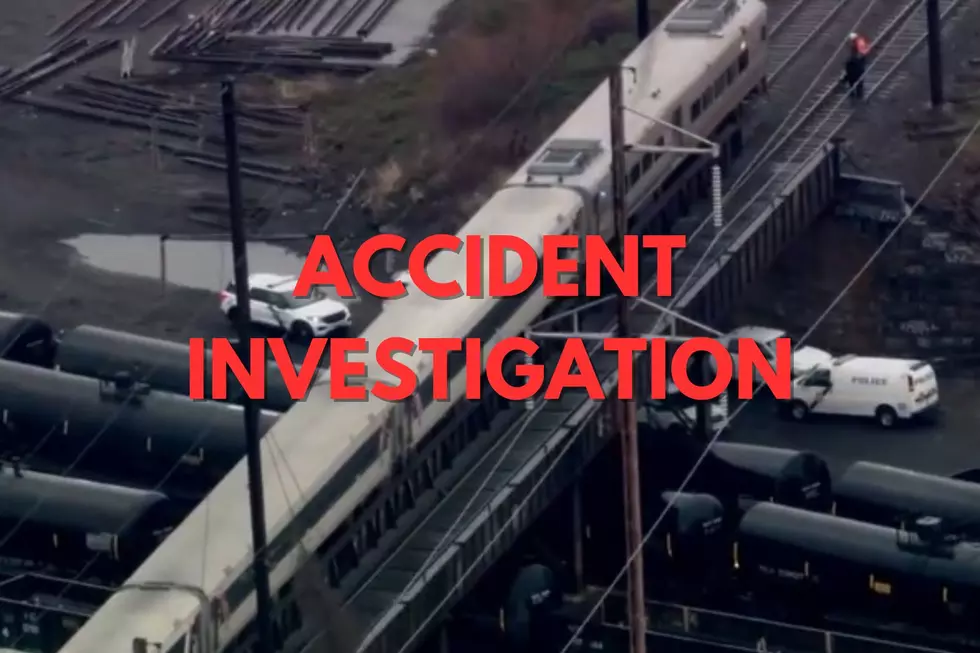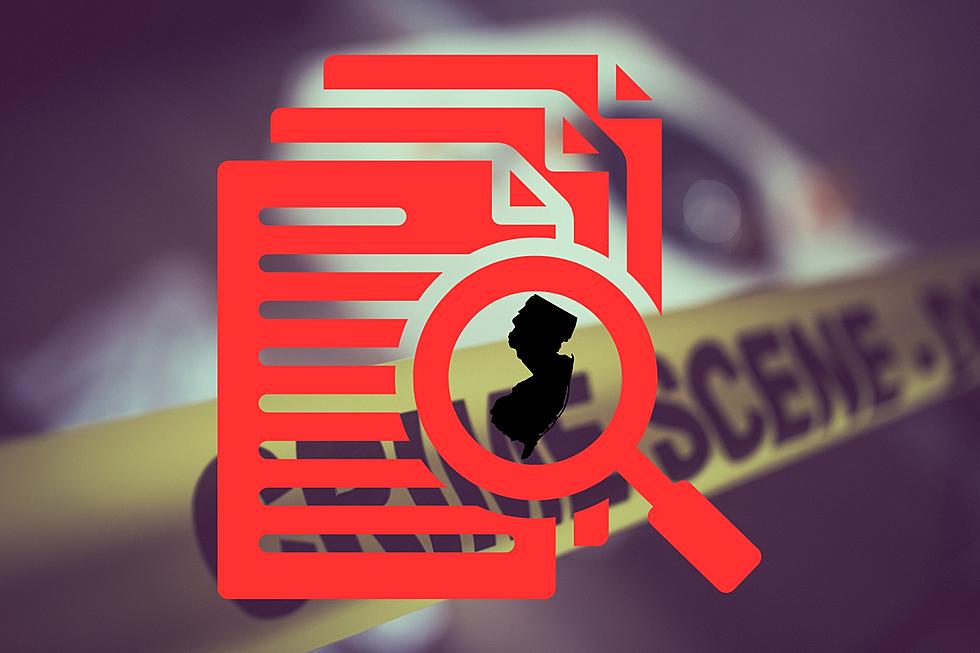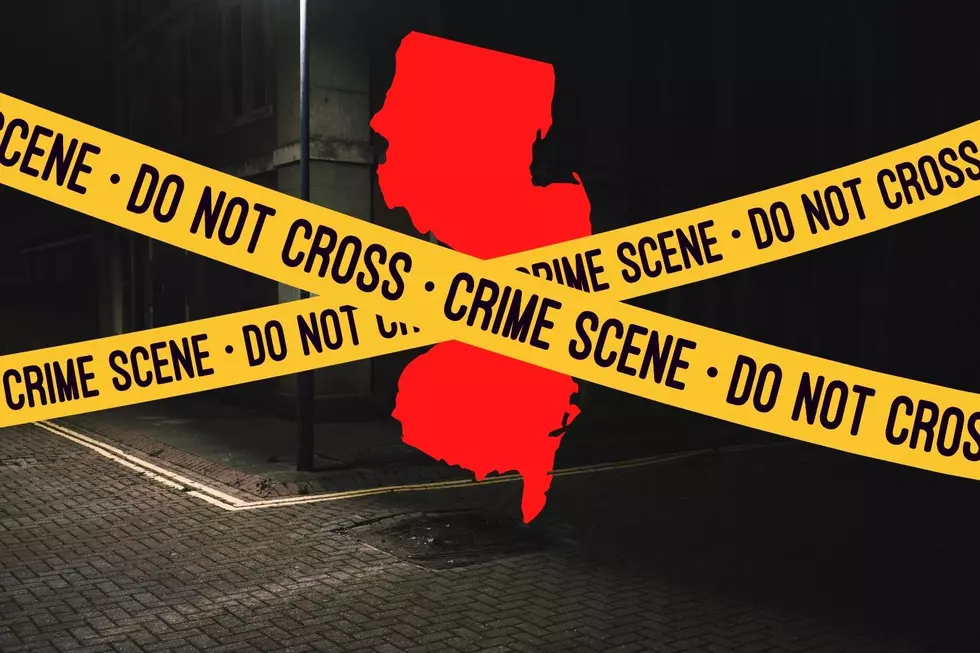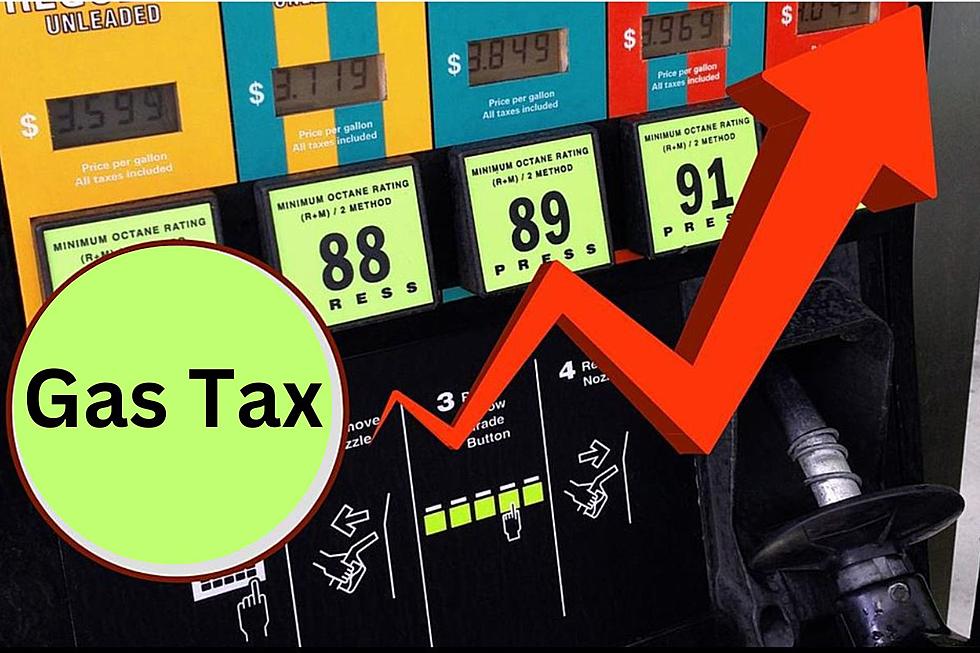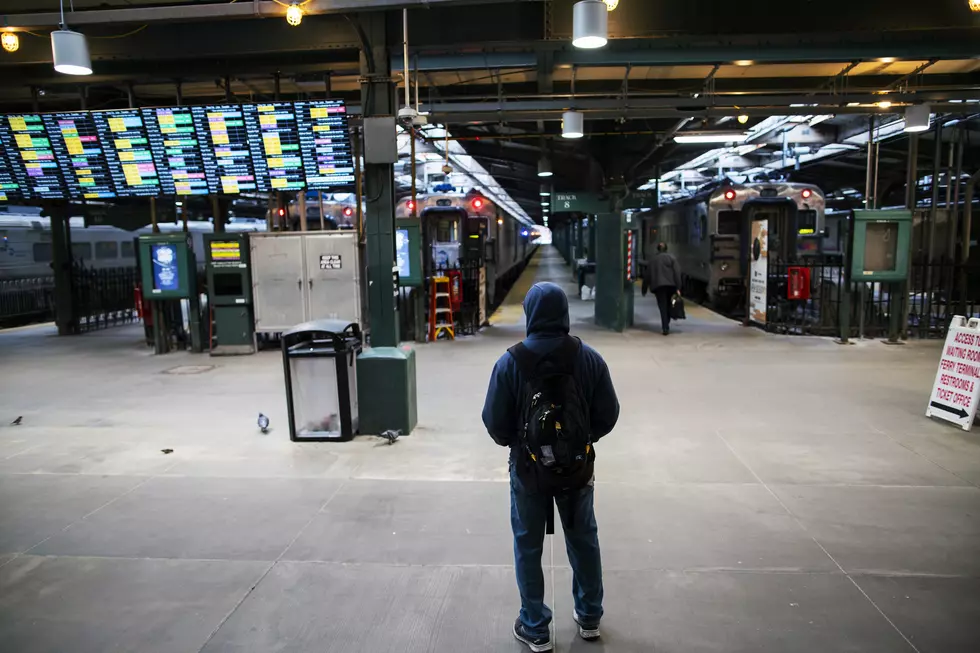
For NJ Transit, Traffic Plunge a Chance to Speed Up Safety System
NJ Transit’s passenger counts have dropped by 90% or more due to the novel coronavirus, punching a hole in its budget that will need a federal rescue. But there is a small upside: It will be easier to get the positive train control safety system in place on time.
Kevin Corbett, the president and chief executive officer of NJ Transit, said at a monthly board meeting Tuesday that the agency is taking advantage of reduced rail traffic to run more tests on the emergency braking system and allocating more resources to meeting a year-end deadline.
“Those were being done in the late-night trains. We have with the schedule now, we’re able to do that in the trains in the daytime,” Corbett said.
Bill Krull, a vice president at Parsons Inc., the company helping with the PTC project, said there are a couple of hardware issues – one with a train, the other with a radio – that are minor and could be resolved by the end of the week.
The PTC project has to complete 384 consecutive runs to meet a federal requirement. Krull said that is on track to be done by June 1, despite the fact that there are fewer trains running.
“We have had some minor impacts as a result of COVID-19,” Krull said. “But at this point in time, we don’t anticipate any delays to the end date from COVID-19. We haven’t had any impacts that we cannot at this point in time recover from.”
“We have added 11 resources, but we have four of those resources who are right now quarantined at home or quarantined in place that cannot support the testing,” he said. “We have a couple of other resources that have left the company.”
Krull said the people who are quarantined are working on test documentation so it can be uploaded more quickly to the Federal Railroad Administration.
Corbett said NJ Transit will be helped through the crisis by federal funds included in the $2 trillion federal coronavirus relief law.
“We cannot overcome on our own this unprecedented financial burden that this national emergency has created,” Corbett said.
Corbett had asked for $1.25 billion in federal funds in a letter. The agency was awarded even more — $1,758,430,844 of the $25 billion being allocated to transit systems nationally.
Corbett said that will “ensure we have the resources we need when the pandemic is behind us and ridership service begins to ramp back up towards full service.”
“It is important to note that this amount does not include potential impacts on New Jersey Transit revenues received from state funding,” he said. “That would be coming separately through the Department of Treasury and the Governor’s Office.”
Gov. Phil Murphy’s original budget proposal included a nearly $590 million subsidy to NJ Transit. But that budget is going to be rewritten, and the state is delaying the start of the next fiscal year until Oct. 1 to give it more time to assess its spending needs and revenue reductions.

More From WPG Talk Radio 95.5 FM


